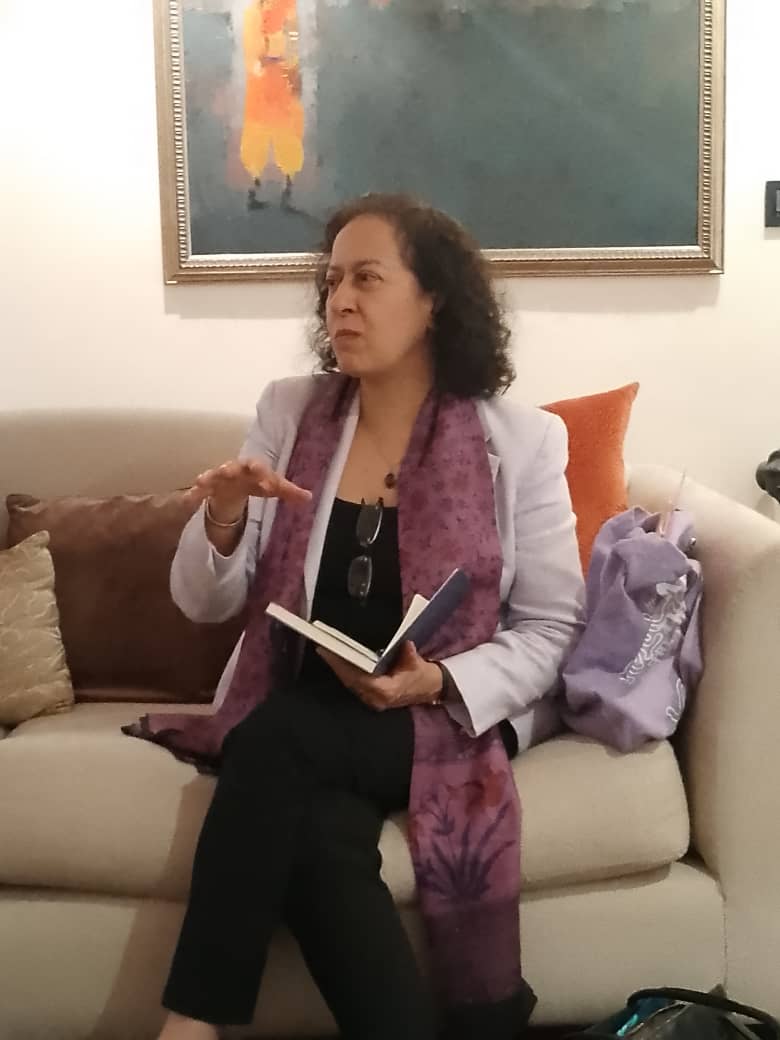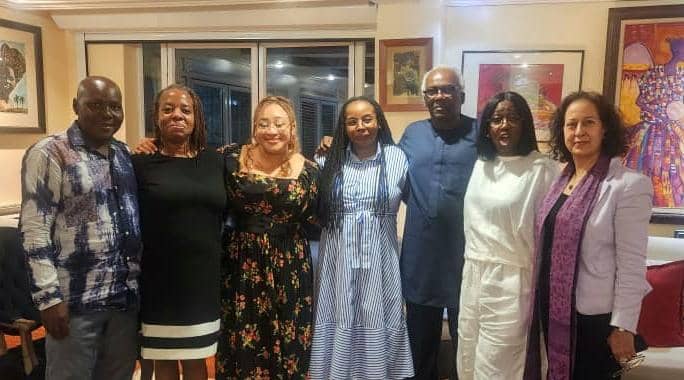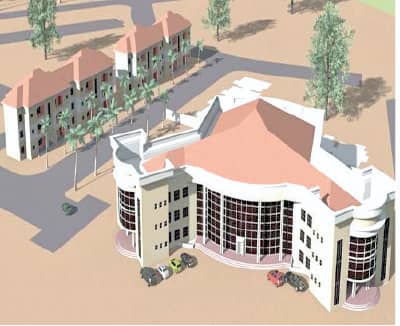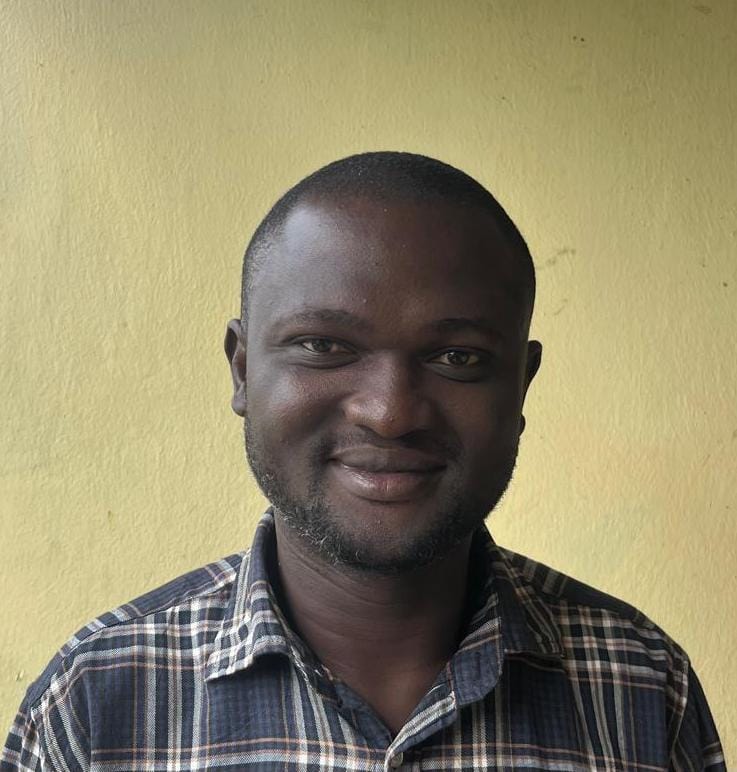Nigeria joins network of EBRD Literature Prize for translation worth €20,000

By Anote Ajeluorou
INDIGENOUS languages in Nigeria and parts of Africa now have a moment to breathe with the introduction of a literary prize in translation instituted by the European Bank for Reconstruction and Development (EBRD). The prize will no doubt help stimulate writing in some of Africa’s struggling native languages (mother tongues), with many on the verge of going extinct. Known as EBRD Literature Prize, and in its eighth year, it celebrates the creativity of the regions where the bank operates. Croatian’s Ivana Bodrožić’s Sons, Daughters, translated by Ellen Elias- Bursać, and published by Seven Stories Press, UK, won the 2025 edition of the prize. Ukraine’s Tanja Maljartschuk and translator Zenia Tompkins were also recognised for Forgottenness, alongside Poland’s Nobel Prize winning author, Olga Tokarczuk, and translator Antonia Lloyd-Jones for The Empusium: A Health Resort Horror Story.
The new translation prize was announced to select publishers in Lagos by the writer, critic, cultural journalist and chair of this year’s prize jury, Dr. Maya Jaggi, who also writes for Financial Times of London. The intimate event was held at the home of CEO of Quramo Publishing, Mrs. Gbemi Shasore in Ikoyi, and had the CEO of Parresia Publishers, Azafi Omoluabi, CEO of Bookcraft Africa, Mr. Bankole Olayebi, Co-founder of Narrative Landscape Press, Anwuli Ojogwu, CEO of Purple Shelves Publishers, Amara Chimeka, Secretary-General of Committee for Relevant Art (CORA), Mr. Toyin Akinosho, poet laureate, Mr. Tade Ipadeola and veteran journalist, Elder Dare Babarinsa. The meeting afforded Dr. Jaggi the opportunity to explain the motivation for the prize to the publishers and also satisfy her curiosity about the story of publishing in Nigerian since inception in the 1940s.
In spite of the onerous work and lifelong cultural revivalist work of Ngugi wa Thiong’o, who joined the ancestral pantheon last July, old and young writers on the continent still stubbornly stick to writing in the language of the colonisers long after they left the African shore in what might be deemed ‘old habits dying hard’. Indeed, the scribal art came to most parts of the continent with colonialism, as many young Africans didn’t and still don’t start their learning and writing life in their mother tongues, a situation that has effectively made writing in Africa’s many native languages (mother tongues) pretty difficult. This is perhaps made all the more difficult because of governments’ poor and chaotic language policies in educational planning that hinder rather than enhance literacy in native languages.
But with the new EBRD Literature Prize for translation introduced by the European Bank for Reconstruction and Development in countries where the bank operates (Nigeria included), Nigerian writers will now be motivated to look inwards to the cultural reality they’d glossed over: learn and begin to write in neglected mother tongues and have such creative works rewarded through translation by a second party; the work must not be translated by the author. The prize is worth €20,000 and will be shared 50/50 between the writer and the translator. Consolatory prizes for two runners up worth €4,000 each will be shared by the authors and translators.
In order for books to be eligible for the EBRD Literature Prize 2026, the following criteria must be met: The submitted works must consist of books of translated literary fiction (including collections of short stories by a single author) translated into English and written originally in any language, whether official or minority, of a country where the EBRD currently invests by an author who is (or has been) a citizen of one of these countries. The works may only be submitted by European (including UK) or North American publishers with a valid ISBN and the price printed in the currency of a European or North American country. The works must not be either self-translated or self-published. Submissions for the EBRD Literature Prize 2026 may only be made for books translated into English for the first time in the period between 15 November 15, 2024 and 14 November 2025.
Also, submissions must be received by December 6, 2025. The EBRD may, at its sole discretion, decide to exclude a work from consideration. Such a decision is final. Any individual publisher may not submit more than one book per EBRD country of operations, but may submit a single book from more than one country of operations. (As an example, a UK publisher may submit one book each from Morocco, Montenegro, Moldova and Mongolia, but not two from Mongolia). The author and translator of the work must be living at the time it is submitted. Six copies of each work must be submitted to the EBRD, which will not be returned. The finalists (authors and translators) must agree to participate in the EBRD Literature Prize award ceremony at EBRD Headquarters in London. Travel expenses and accommodation will be covered by the EBRD.
Eligible countries for the EBRD Literature Prize include: Albania, Armenia, Azerbaijan, Bosnia and Herzegovina, Bulgaria, Croatia, Czech Republic, Egypt, Estonia, Georgia, Greece, Hungary, Jordan, Kazakhstan, Kosovo, Kyrgyz Republic, Latvia and Lebanon. Others are Lithuania, Moldova, Mongolia, Montenegro, Morocco, North Macedonia, Poland, Romania, Serbia, Slovak Republic, Slovenia, Tajikistan, Tunisia, Türkiye, Turkmenistan, Ukraine, Uzbekistan and Nigeria.
Eligible publishers are encouraged to complete the online submission form and queries directed to: LiteraturePrize@ebrd.com.

Journalist and writer, Anote Ajeluorou (left); CEO, Parresia Publishers, Azafi Omoluabi; CEO, Purple Shelves Publishers, Amara Chiemeka; Co-founder, Nrrative Landscape Press, Anwuli Ojogwu; CEO, Bookcraft Africa, Olayebi Bankole, hostess and CEO, Quramo publishing and art critic and culture journalist, Dr. Maya Jaggi… in Lagos




